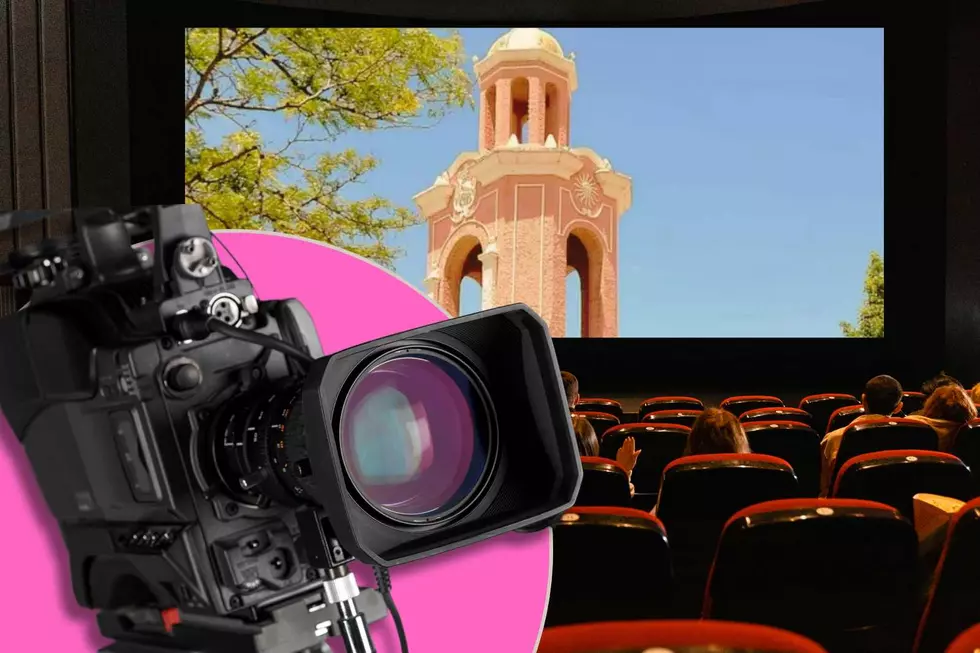
Once and for All: Does Colorado Elevation Get You Drunker Faster?
Since your very first sip of beer or liquor, Coloradoans have been conditioned to believe that the state's elevation affects how much you can drink or at least how quickly you're a little tipsy, as compared to other, lower places across the U.S.
Article after article about Colorado tourism touts that you need to drink responsibly in the Centennial State, because your tolerance won't be quite the same here as it is, say, wherever you're from on the east coast or someplace like Florida, where the state's elevation is near or at sea level.
Colorado is the highest contiguous of all 50 United States, which is to say when you average out the elevation of all the cities and towns from border to border, plus all of the highest mountains we've got here, the average altitude you're looking at is somewhere around 6,800 feet above sea level.
That includes 59 mountains higher than 14,000 feet, and a whopping 830 mountains between 11,000 and 13,999. So says Colorado State University and the Colorado Climate Center.
So does altitude affect tolerance to alcohol? Do you get drunker faster in Colorado?
Try as I might, you'll be shocked to know that there isn't an amazing amount of data on this subject, but what limited information there is seems to suggest this is mostly urban myth.
A study was once conducted in Europe about how beer was consumed and affected the human body's processing of the alcohol content at sea level compared to mountain elevations and found there really wasn't any difference in Blood Alcohol Content between the two.
The real factor - many say - is that when your body is at a higher elevation, it's actually something else you're feeling that leads you to believe you might be a little drunker: altitude sickness.
Simply put, when you're in the thinner air of the mountains, the barometric pressure is significantly less than at lower elevations. That causes oxygen molecules to spread further apart, which in turn reduces the amount of oxygen you get in each breath. Hence why you huff and puff a bit more when you're hiking up there versus down here.
Couple that with a few cocktails and that leads you to believe you might FEEL a bit drunker, but in reality, not so much.
The biggest factors for how drunk you feel would be the same in your Greeley backyard as at a lodge up in Aspen. How much did you have to eat? How much do you normally drink? And, how much have you had to drink over what period of time? Do your best to keep the two samples identical here and there, and the outcome will likely be the same.



